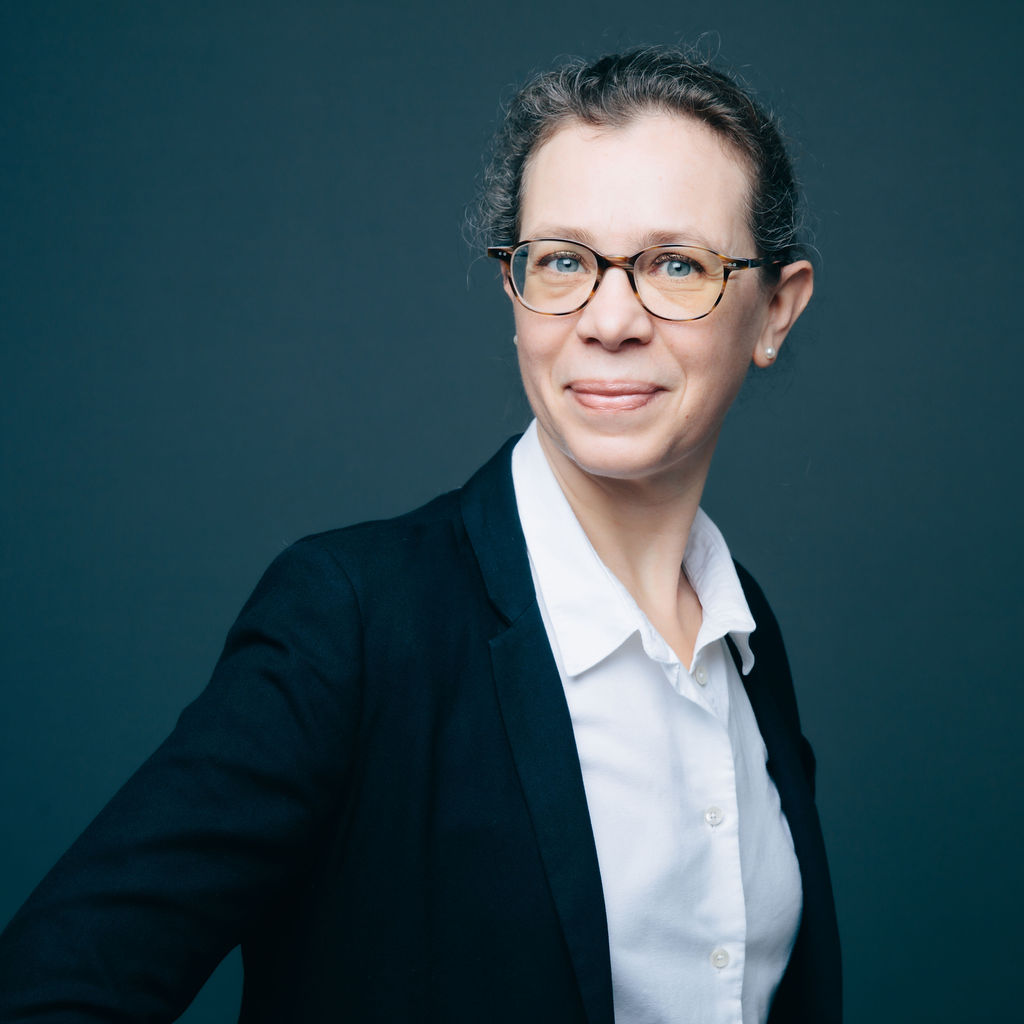This website uses cookies so that we can provide you with the best user experience possible. Cookie information is stored in your browser and performs functions such as recognising you when you return to our website and helping our team to understand which sections of the website you find most interesting and useful.
More revoked patents in the CRISPR/Cas9 saga: The plot thickens
Paris, 15 July 2021 – It is getting increasingly difficult to keep track of all the developments of the patent battle around the CRISPR-Cas9 technology. In a new turn of the story, patent EP 3 241 902 owned by University of California has been revoked by an Opposition Division of the European Patent Office.
The CRISPR-Cas9 technology is recent but already widely used to target and modify genes within cells or living organisms. It is indeed the most efficient and precise technology to date for modifying DNA in a specific way.
European patent EP 2 771 468, in the names of the Broad Institute, the Massachusetts Institute of Technology and Harvard University, was revoked on appeal on 16 January 2020 (T 0844/18, see our previous article here). Another patent held by these Patentees was revoked in opposition (appeal is under way). Patent EP 3 138 910 of Sigma Aldrich was recently revoked in opposition, as well as Patent EP 2 912 175 of Toolgen.
Now, in a new turn of the story, it is University of California which suffers a setback in front of the European Patent Office: its patent EP 3 241 902 has been revoked in its entirety by an Opposition Division, following Oral Proceedings held on April 12 and 13, 2021.
This patent, of which two of the co-inventors are the 2020 Chemistry Nobel prize winners Emmanuelle Charpentier and Jennifer Doudna, covers an important aspect of the technology. In particular, compositions and kits comprising a chimeric Cas9 protein and a DNA-targeting RNA are claimed. Claim 21 relates to “the composition or kit of the preceding claims, for use in a method of therapeutic treatment of a patient”.
Once again, the question at stake was related to the validity of the priority claim. However, in this case, the arguments were not related to a procedural defect but to the actual technical content of the priority document US 61/652,086 (“P1”).
Opponents argued that the claimed invention was not plausibly disclosed in P1. In particular, they claimed that the data presented in P1 are insufficient for the person skilled in the art to carry out the claimed invention.
Due to the COVID situation, in July 2020, it was proposed to the Parties to hold the Oral Proceedings, originally scheduled on October 14, 2020, by videoconference. They all refused in regard to the complexity of the case and the number of involved parties. The Oral Proceedings was therefore postponed to the later date of April 12, 2021.
Unfortunately for the Patentees, during that time, Opposition Division members changed their mind. Whereas in the first preliminary opinion, the priority claim was assessed to be valid, this position was reconsidered in a revised preliminary opinion issued on September 29, 2020.
They now concluded that there was no “enablement” from P1, i.e., the person skilled in the art could not carry out the claimed invention based on sole technical information contained in P1. In particular, the Opposition Division noted that P1 did not teach any example related to a chimeric Cas9 that targets the activity of a heterologous protein to a DNA, by means of a “guide RNA” (gRNA), although this embodiment was claimed subject-matter.
During the Oral Proceedings (held in Munich), the priority claim to P1 was declared to be invalid. As a consequence, the scientific publication (Jinek et al., Science, 2012), published before the filing date of the opposed patent by the inventors’ team, became part of the opposable prior art to the patent. In view of the content of this article, the patent was revoked. The reasons for the Decision are not public yet.
The present decision, like the one revoking the Sigma Aldrich patent, can still be appealed and it is highly probable that the game is not over. Indeed, in the present case, an appeal has already been filed by University of California and co-owners, only 7 days after the Oral Proceedings. The saga continues… Stay tuned!


